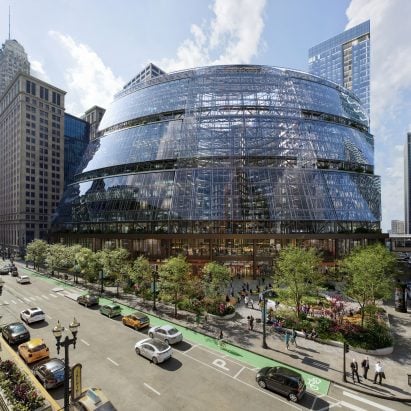Renovation in Amsterdam: 20 things you should know before you start
What do you need to know before you start renovating in Amsterdam?
Amsterdam is a crowded city compared to others in The Netherlands. If you plan to renovate your house or office, you should know some essential things before you start. In this post, we will talk about them and explain why and what is the best way to prepare for your renovation project.
Before starting a renovation project, it’s essential to gather information and make several important decisions. Here’s a list of things you should know or consider before getting started:
- Talk to your neighbors: Always make sure you let your neighbors know upfront that you have plans to renovate. Renovation takes a lot of time and makes a lot of noise. Especially for the neighbors next to, above, and underneath you.
- look for an Architect: An Architect is a specialist with a lot of knowledge when it comes to renovating and remodeling a house, office, or retail space. An architect will take away a lot of uncertainties in the building process. The work of an architect is especially useful when working in tight spaces and when space efficiency is wanted.
- Budget: Determine how much you can afford to spend on the renovation. Be realistic and include a buffer for unexpected expenses.
- Scope of Work: Clearly define what you want to achieve with the renovation. Make a detailed list of the changes and improvements you want to make.
- Permits and Regulations: Research local building codes, zoning regulations, and permit requirements. Ensure you have all the necessary approvals before beginning any work.
- Contractor Selection: If you’re hiring a contractor, do your due diligence. Check references, ask for quotes, and verify their credentials and insurance.
- Timeline: Establish a realistic timeline for the project. Consider the time needed for the design, permitting, and construction phases.
- Design and Planning: Create a design plan or hire a professional designer or architect to help you visualize and plan the renovation. This should include layout changes, materials, color schemes, and more.
- Materials and Fixtures: Decide on the materials, fixtures, and finishes you want to use. Consider factors like durability, style, and cost.
- Cost Estimates: Get detailed cost estimates from contractors or suppliers. This will help you refine your budget and identify areas where you might need to cut costs or make adjustments.
- Contingency Plan: Plan for unexpected issues or changes in the project. Set aside a contingency fund to cover unforeseen expenses.
- Contract: If you’re working with a contractor, have a clear and legally binding contract in place. Ensure it outlines all project details, including costs, timelines, and responsibilities.
- Financing: Explore financing options if your renovation project exceeds your available funds. This may include loans or home equity lines of credit.
- Safety Precautions: Consider safety measures for yourself, your family, and the workers. This might include temporary housing arrangements if the renovation makes your home uninhabitable for a while.
- Insurance: Check your homeowner’s insurance policy to see if it covers renovations or if you need additional coverage during the construction period.
- Environmental Concerns: Be aware of any environmental regulations or concerns related to your renovation, especially if it involves hazardous materials like asbestos or lead paint.
- Energy Efficiency: Consider incorporating energy-efficient features into your renovation, which can save you money in the long run and be environmentally friendly.
- Resale Value: Think about the potential impact of the renovation on the resale value of your home. Some renovations may add value, while others may not.
- Personal Needs: Prioritize your personal needs and preferences when planning the renovation. It’s your home, and it should reflect your lifestyle and taste.
- Project Management: Decide whether you’ll manage the project yourself or hire a project manager. Effective project management is crucial for staying on budget and schedule. Maintain open and clear communication with all parties involved, including contractors, designers, and suppliers. Regular updates and discussions can help prevent misunderstandings.
Remember that each renovation project is unique, and the specific details you need to know may vary depending on the scope and complexity of the work. Taking the time to plan and gather information upfront can help ensure a smoother and more successful renovation.




